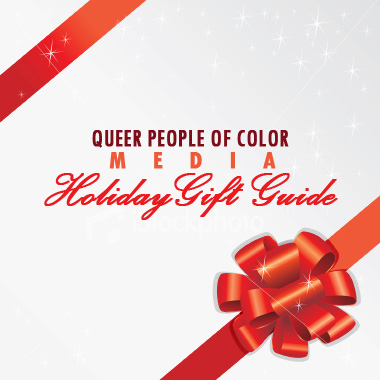As a follow up to my last piece about how media can help facilitate "coming out" or facilitating important conversations about sexuality over the holidays, I've compiled a list 10 of my picks for books, film, and music created by queer people of color that would make excellent gifts! If…
Afrofeminism - Blog - Books - Creative Corner - Film - Gender and LGBT Issues - Media - Music - Race, Culture, Ethnicity

